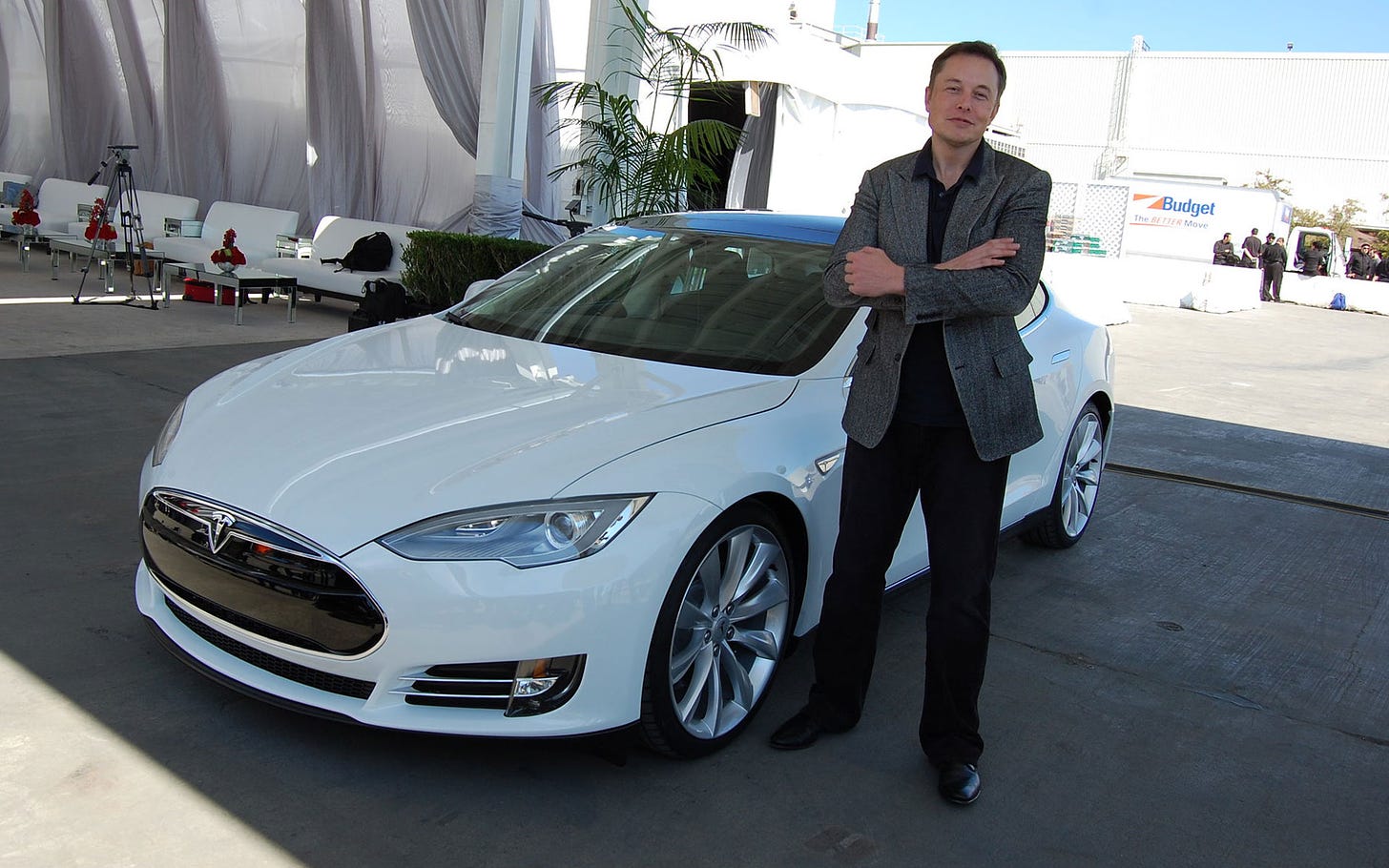Elon Musk acquires Twitter for $44 billion
The chaotic businessman everyone loves to hate actually pulls it off, what happens next is anyone’s guess

After more than a month of what now seems like a risky chess game or a negotiation as unpredictable and chaotic as this man’s mind — as per usual, one can’t easily tell which was which — Elon Musk is buying Twitter for $44 billion. The company’s board met during the weekend to reconsider Musk’s offer (it had initially instituted a “poison pill” measure in order to block a hostile takeover) after the entrepreneur made his plan on funding the deal public on Thursday.
Musk offered $54.20 per share, the same price discussed when he initially proposed to buy Twitter back on April 15th, which is higher but not that much higher than the company’s stock closing stock price on Friday — suggesting that shareholders did not really believe that Twitter’s board would accept Musk’s deal after all. What happened between Friday afternoon and Monday morning is not clear (chances are we will never know) but the same board managed to agree with Musk on the details of the deal in time for Twitter’s earnings report for the quarter. A clearer message of the service “turning a page” through this buyout no Twitter shareholder could have asked for.

What’s in everyone’s mind, of course, is the obvious question: what happens next? Elon Musk’s official response consists of sentences we have all read before… as tweets: “Free speech is the bedrock of a functioning democracy and Twitter is the digital town square where matters vital to the future of humanity are debated”. “I want to make Twitter better than ever”, Musk claims, “by enhancing the product with new features, making the algorithms open source to increase trust, defeating the spambots, and authenticating all humans”. “Twitter has tremendous potential — I look forward to working with the company and the community of users to unlock it”, Musk concluded.
Regardless of what Twitter’s new owner really plans to do with the service, he definitely has his work cut out for him. It will be difficult, for example, to add new features to Twitter without watering down the core user experience of the unique thing it does best: the tweet. It will be more difficult to “authenticate all humans” on a service where anonymity is not just accepted and protected but one of its fundamentals. It will be even more difficult to “open up” the platform to more consumers in order to help it succeed financially, without inviting the kind of systematic, organized, targeted hate and misinformation Twitter itself spent the better part of a decade fighting.

While on the subject of “opening up” there’s also the rather debatable matter of free speech, of which Musk claims to be a defender. Tesla’s CEO describes himself as a “free speech absolutist” and a “zero moderation policy” supporter, which has obviously raised concerns over how Twitter will be able to handle individuals or groups who straight up weaponized the service in the past. Alongside practical matters — such as what kind of leadership Twitter as a company can expect from a man with precious little time as it is — the next few months will reveal whether Elon Musk actually understands what he is getting into by buying the most influential social platform in the world or if he just got himself an expensive, loud toy to play with. In all seriousness, at this point, it’s anyone’s guess.


